It is never too late to reinvent yourself, many times over. She started a career at the age of 44 with a $12K-a-year assistant clerical job. Newly divorced, she wasn’t afraid to start at the bottom and work her way up. The first decade was fraught with challenges—hirings, firings, and takeovers. In retrospect, each was a steppingstone in the direction of what she was destined to do. She had no idea that her innate interest in the minutiae of nature, no matter how trivial, would lead her to work as an educator and a ghostwriter for a doctor at a nutritional manufacturing company until she retired 18 years later.
Researching and gathering information on nutrition and supplementation — also the connecting of dots, separating fact from fiction, and then writing about it — would become a career that she created solely out of her curiosity and stick-with-it-ness. But this is just one chapter of many in the life of the ever adventuresome and ever expansive Christine Roesch.
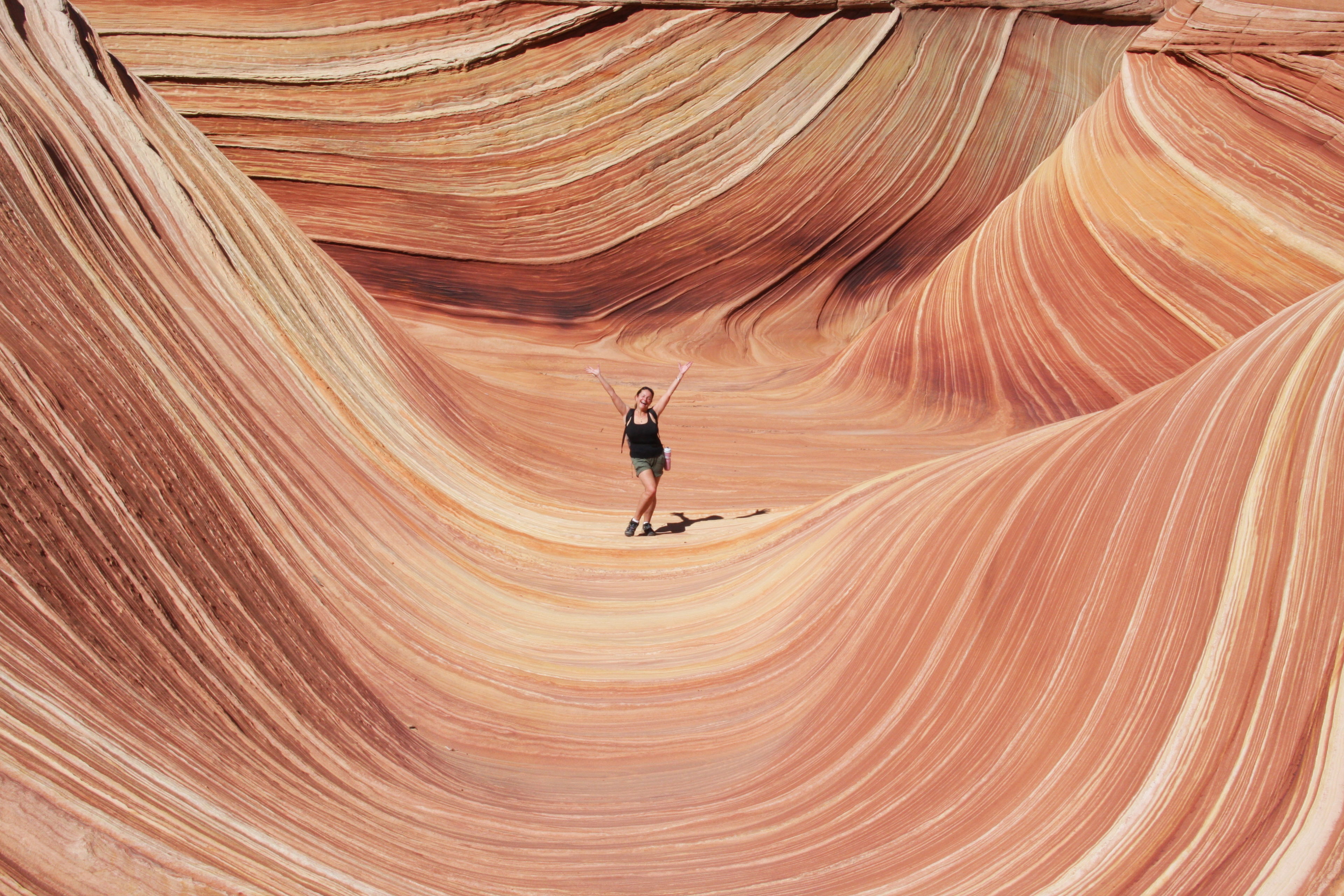
How old are you, Christine?
Age is so relative, isn’t it? Chronologically, I’m 76. Healthwise, I’m probably ten years younger.
Sometimes, I still feel like a young twenty-ish, especially when I’m laughing uproariously. And on mornings when I look in the mirror and see a new wrinkle that wasn’t there yesterday and saggy eyelids that look weathered, I tell my reflection, “You will never look as good as you do today. Get over yourself.”
Where are you from?
I was born in Tours, France in August 1945 just after Victory in Europe day. It was a bombed-out city then and reconstruction hadn’t started. My mother had met my Dutch father a year before when he was hiding from the Germans in a cousin’s basement near Bordeaux. So, I’m of mixed French and Dutch parentage and grew up close to both sides of the family. French was my first language. Dutch is my second.
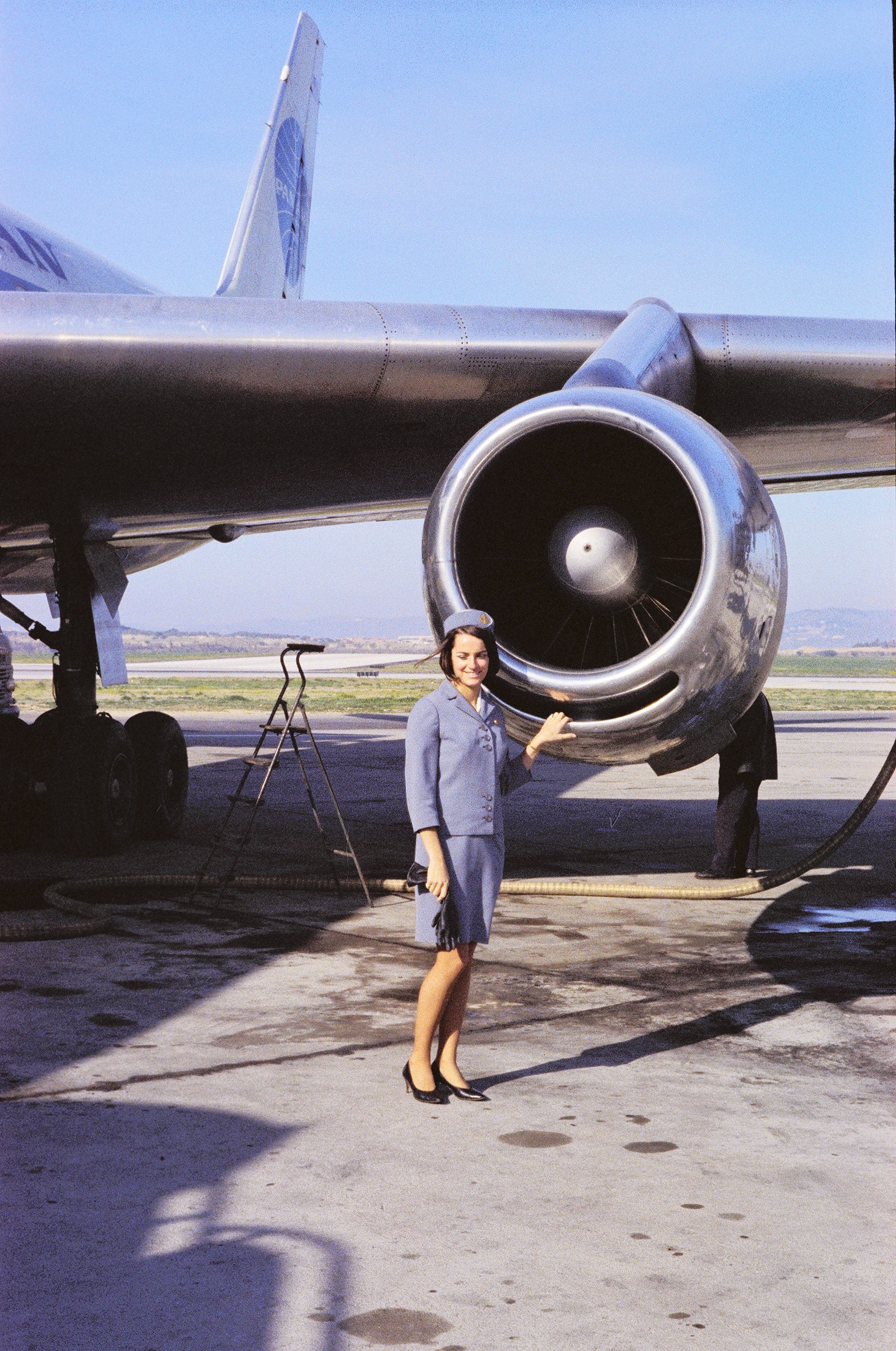
“I have not lived a linear life. Rather, my life changes were abrupt, unplanned”
Tell us about the different phases and transitions you have made — you seem like a painting of many colors.
I have not lived a linear life. Rather, my life changes were abrupt, unplanned, and often felt like I was flinging myself over a cliff, hoping I would find a parachute on the way down. In retrospect, I feel as if I’ve lived many lives in one. None the same as the last.
- The Adaptive Years: From birth to the age of 21, I moved between France and Holland until we immigrated to the US via Texas in 1953. I felt unmoored from any country as, unaccepted and different, I lost a connection to any “tribe.” I didn’t consider myself French, or Dutch, or even Texan or American when I landed there. I adjusted and settled on a Global identity. To quote Dolly Parton, I wore “a coat of many colors” made with bits of each culture I gathered along the way. However, over the years I discovered that underneath it all, I was human just like everyone else. That is our Universal Identity.
- The Flying Years: From 21 to 24, after three intense years studying French and Spanish literature and newly degreed from the University of Texas, traveling the world as a stewardess for Pan American Airways was a welcome release. I was an observer, absorbing different cultures, going through war torn zones, and areas of immense beauty and crushing poverty. It was a transition era where individual countries with well-established cultures grounded in century-old traditions were about to be changed by the homogenizing effect of globalization and the digital age that exists today.
- The Expat Years: At 24, on vacation in Bali, I met Karl, a German mechanical engineer. He proposed after a week and wouldn’t take no for an answer. My life changed abruptly as I married him after two weeks. He worked in a foreign country, and I couldn’t commute. I had to move in with a stranger to a foreign land. Indonesia was stabilizing after a revolution. We lived in the Celebes for six months and then relocated to Western Timor where he worked on building roads through a world grant. Adjust and adapt. They were good years, full of the exotic adventures I’d read about as a child.
- The Sailing Years: My husband had a trimaran. When his contract ended, over the next year and a half, we sailed from Timor to Australia, across the Indian Ocean to Madagascar, South Africa, around the Cape of Good Hope to Southwest Africa (now Namibia), then across the Atlantic to Brazil, up the three Guianas to the Caribbean. We left the trimaran in St. Lucia. We were broke and we flew back to Houston to find jobs.
- The Nomad Years: We sold the boat and bought the ranch. However, before we could settle, we had to refill our coffers, which meant two years living in Europe as my husband worked on oil rigs in the Mediterranean and the North Sea. We became parents and lived in France, Germany and Scotland. My daughter traveled through ten countries the first year of her life.
“My daughter traveled through ten countries the first year of her life”
- The Pioneer Years: June, 1977. We bought a pickup and a cattle trailer, filled it with our earthly possessions and drove from Texas to Montana. We were newbies with no ranching experience, but we had neighbors who helped educate us in the ways of the West. We had four months to build our house before winter settled in. I was pregnant. We bought a few cows. For the next 13 years, we tilled the soil and increased our herds, expanding into sheep. I read Organic Gardening from cover to cover and raised bees. We built a very efficient chicken coop straddling two very large, organic gardens, and I sold produce and eggs at the farmer’s market in Missoula. I learned to forage for wild mushrooms, asparagus, rose hips, and huckleberries. We canned, made cheese, processed our own meat and vegetables and learned to live off the land on little. They were physically hard years, juggling children and the ranch animals while Karl went back to earning money on oil rigs to continue to live this “idyllic” life. They were good years until they weren’t. Everything I learned during that time would add to the knowledge I brought to my future career. However, there was a price to pay. Our relationship started to unravel.
- The Therapy Years: You know there is something wrong when you start to cry uncontrollably, fight incessantly over things you feel are essential, but your mate considers “extravagances.” A giant chasm of differences developed between us. My days as part of a couple were over and if I didn’t want to end up homeless and poor, I would have to start fending for myself.
- The Career Years: All I needed was a job. Separation and then divorce meant having to reinvent myself. I hadn’t worked for wages (ranchwork was unpaid) most of my married life and I had two children to support. I started as a typist. Then went through a series of opportunities—ad compositor for the local paper, a business manager for a writer, a marketing assistant for a bee pollen company, a managing editor for a multi-level green foods company’s magazine, a night copy editor for the Idaho Statesman, sales manager back at the bee pollen place. I was finally hired as an educator and writer for a supplement manufacturer in Utah until my retirement 18 years later.
- The Retired Years: Retiring and moving to Florida is a cliché, isn’t it? It wasn’t my life’s plan, but my life has never been lived according to plan, which in this instance was to work until I turned 70. I didn’t quite make it. I retired just before my 69th birthday and flew to Florida to take up residence in Fort Lauderdale because my mother had left me a duplex that needed work and my son, who lived next door said, “Mom, come on down and be a grandmother to my son,” or something to that effect. How could I refuse? I haven’t had time to sit on my hands or head for a rocking chair. I’m a grandmother, a property manager, a project manager, a landlord, and an occasional cook. I ferry children to and from school when needed, travel to and from Europe on a regular basis and try to go on one fabulous trip to somewhere I’ve always wanted to go to once a year. My bucket list is getting shorter, except that I keep adding things to it.
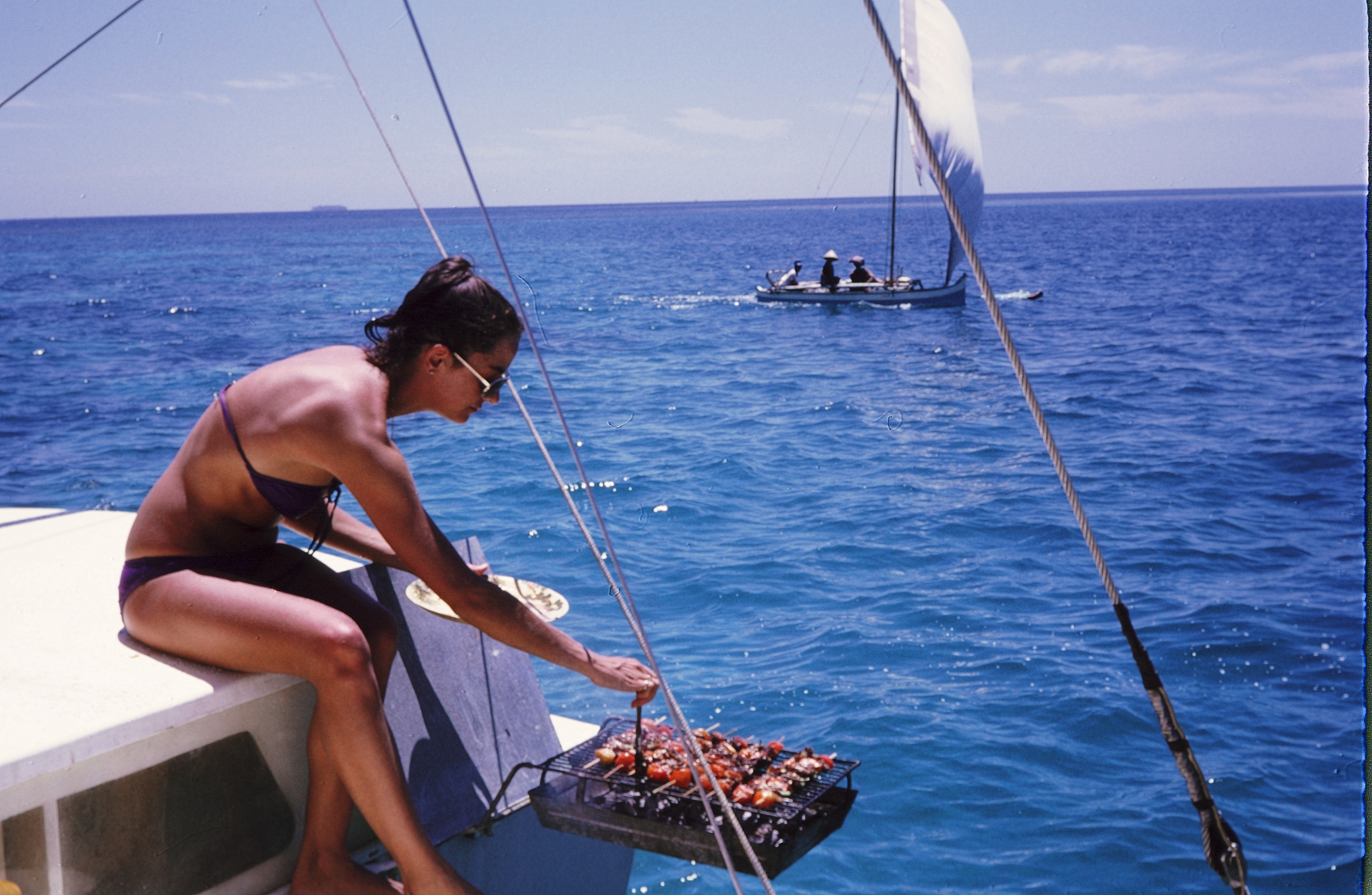
“I had to transcend trepidation and focus on opportunity”
What is the adjustment process like when going through your life transitions? Is there much planning that goes into each?
As a child, going from one country to another, it was adjust-and-adapt to whatever my parents led me to. Later, many of my life transitions have been sudden and required immediate action, like my sudden marriage to a stranger, or when I was “let go” from two jobs because of situations beyond me. I had no time to think. I had to transcend trepidation and focus on opportunity. There were a few times when I had a premonition that I was in transition. I didn’t know how long it would last, or where the change was going to propel me next, so I approached it by doing nothing, maintaining the status quo, quelling any anxiety I might have by sticking to my routines. When the change arrived, I knew it was the right thing, because everything I had to do aligned effortlessly, from moving to a new place, finding a new job, and a new home.
Looking back, everything I’ve ever dreamed of experiencing came to pass. While shackled to studies at the University, I so longed to travel that I would cry taking my mother to the airport; Ergo, Pan Am came to campus and I was hired as an airline stewardess. I longed to sail; I married a man with a seagoing trimaran. I wanted to live in an exotic country; I spent two years in Indonesia. Virtually all my longings were realized.
“I do believe in creative visualizations”
I do believe in creative visualizations because mine have all materialized as well as some never-say-nevers. Be careful when saying “I will never…” Because there is more passion in that statement than wishing for the good stuff. “Nevers” have a way of materializing more than actual desires. Case in point: an 18-year-old farm boy proposed to me when I was 14 and I thought, I could NEVER live on a farm! Uh-huh, 13 years.
It seems like travel and adventure are a big part of your life! Have you always been an explorer or did you get the travel bug once you became a stewardess for Pan Am?
I was born curious. As a child, curiosity always got me into trouble. We moved so often that it became a way of life. I loved the variety, and it isn’t until now that I realize that all my life transitions, all my travels were triggered by a thirst for acquiring knowledge. I’m an information junky. Nothing is too trivial. Nature is my school. I just wish I had more brain ROM to recall what I learned at will.

Out of the ninety countries you visited during your time with Pan Am, what was your favorite? Why?
It’s so hard to say. I can list the ones where I didn’t feel comfortable more than the ones I’ve thoroughly enjoyed, which are too numerous to count. Each has a vibration and just because one didn’t resonate with me doesn’t mean it doesn’t have something to offer. There is something out there for everyone.
The world has changed so much since my days with Pan Am, fifty years ago. Some of the experiences I had are no longer available. The places were more ethnic back then, more authentic in their cultures, with fewer travelers, the places were less crowded. Communication was slow; now, digitally, it is almost instantaneous. That has changed the world we now live in.
“Lest we forget, we are all one, no matter what country, city or community we live in”
Is there one thing that every country, city, or person has in common no matter where you are?
Of course. Race, creed, ethnicity are just superficial aspects of the basic human. Being a “patriot” is not in my vocabulary because it is divisive. If you belong to one country, city or culture, you separate yourself from everyone else as if they are different from you, or you are better than them. I wish people would stop talking about race. Color is only one cell deep. It is superficial.
What do we have in common? Beneath it all, we have the same passions, we share the same emotions. Lest we forget, we are all one, no matter what country, city or community we live in. Physically our blood runs red, our bones are white, and our organs, nerves, sinews and tendons are all made of the same cells. Emotionally, we all feel anger, fear, as well as joy. Underneath all the superficialities we attach to ourselves, we are all the same. We should embrace that.
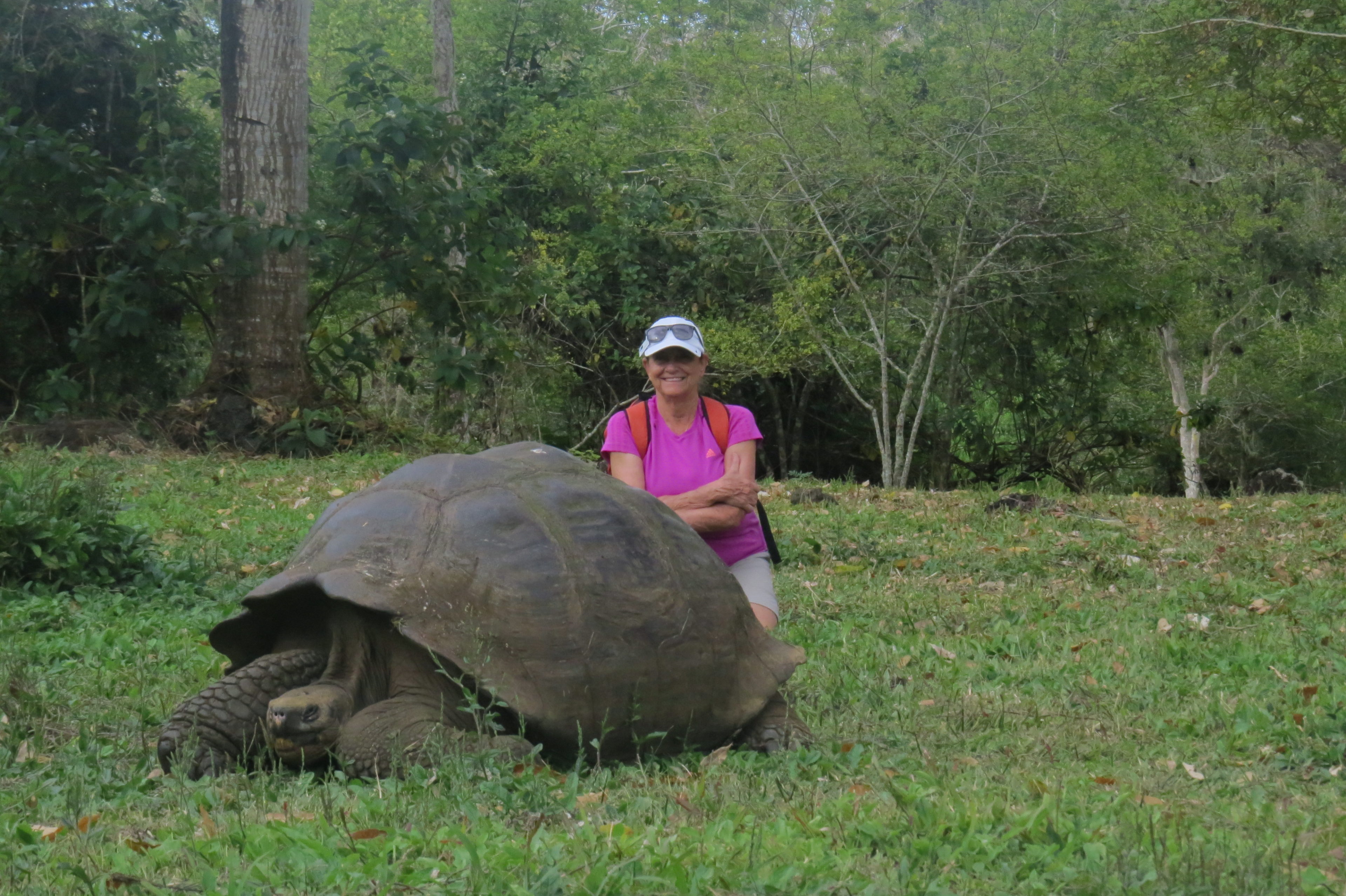
What was living in Indonesia for 2 years like?
Two of the best years of my life. I had servants. Not because I wanted them or even needed them, but it was required of us to offer employment. They happily cleaned, washed, ironed and ran some errands, but I insisted on cooking and going to the market to explore what the area had to offer. It was the only way I would learn the language. After two years, I was pretty fluent in what I call “kitchen Indonesian.” In Timor, although we lived in a house rather than a thatched hut, our lodging was rudimentary. We had running water and electricity from 6pm to 6am so we had to fill our bak mandi (tubs) each night. If I wanted hot water, I would have to boil it. Every six months, we went to Singapore for groceries and medical exams on a tail-dragging DC-3, taking off from a grass strip and hopscotching across each island of the Archipelago. I learned how to cook Indonesian food and bake bread in a tin box on top of a kerosene stove. My favorite memory is that I was the envy of all the adolescent boys when I went to town for sundries in my home sewn batik slacks. They would line the only paved street on the way to town when they heard the roar of our 250cc motorcycle and shouted “Bagus, bagus” (good) as I went by. I left my mark on girls who shed their sarongs and donned batik slacks to ride to town with their boyfriends on the back of their 90cc Hondas. I was an influencer before the word was invented. Who knew!
Managing Seasickness
Tell us about your sailing experience from Indonesia to Australia. What were some of the challenges? Any pleasant surprises from the trip?
I get seasick in a rowboat. I was so ill on the first 10-day leg that when we arrived at Exmouth, our last stop in Australia, I had a choice to make: fly to South Africa and worry about when I would see my husband again or go and die from dry heaves. I had never heard of that happening nor am I a quitter, so I went. The first leg to the small island of Rodriguez was 24 days. I was sick 22 of those days, but I persevered, recognizing that I needed to fill my stomach as soon as I woke up to keep it down. Since I was the chief cook, I did all my prep work on deck, watching the horizon, and ran down in shifts, organizing what I had to do for two minutes at a time, run back up, run back down and back up again before my stomach rebelled. My pleasant surprise was that I didn’t get sick again until a year later, when we hit the choppy water of the Amazon River where it met the Atlantic. I had learned how to manage the condition. I’d do the trip again in a heartbeat.
What are some of your ambitions looking forward?
Staying healthy and active, and exploring the last wild places. Even though most of my published works have been non-fiction, I would also like to write a decent novel and a memoir for my progeny. Both of my grandmothers died young before I was born. I always wanted to know who they were and there were only a few aunts who gave me tidbits that made me more curious. Who were these grandmothers? I’d like to leave something behind.
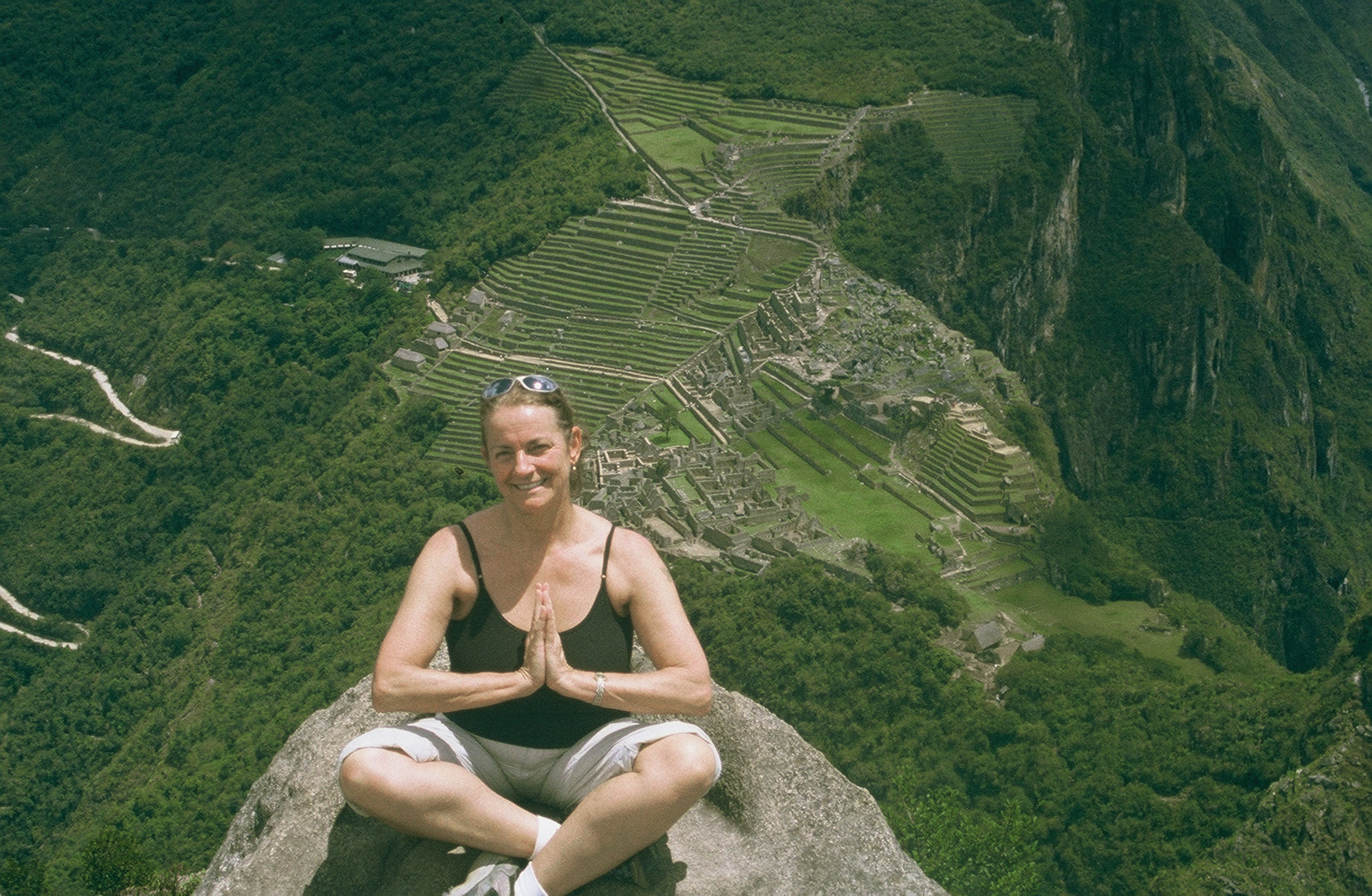
“We did not choose Montana, it chose us”
Why did you choose Montana to raise your children?
Serendipity. We did not choose Montana, it chose us. Montana arose from my desire to have someplace to settle after being a nomad for several years. All I wanted was a cabin with an acre in the country. My Bavarian husband wanted mountains, so we headed to the Rockies. That desire grew more exponential starting with 100 acres, then 240 acres in Colorado, until we found a 520-acre bare land ranch in Montana and fell in love. Coincidentally, I became pregnant, had a daughter in Europe and then a son in Montana. Ranch life was a great way to raise two children unfettered, learning about nature and the flora and fauna in a beautiful setting. We lived on the Flathead Indian Reservation, and they went to a school where they were exposed to the native culture. My daughter still lives there, and my son has a property at the base of the Mission Mountains. They love it there.
What did you learn after going through your divorce and re-inventing your career?
When you’ve invested a lot of emotion and years of your life into a relationship, and done everything you can to move it forward, but realize it no longer works, there comes a time when you have to let it go. It’s time to move on. It takes enormous courage to break away from a two to become a one. Your level of commitment shows up in the intensity of the pain you feel to extricate yourself. The good news is there is life after divorce and usually it is happier.
“I am who I am today because I’ve gone beyond the fear and embraced the unexpected”
In my mid-forties, as a couple for half my life, I had lost myself. My last big transition was to rediscover who I was. I read many self-help books and went through therapy, which I think should be mandatory for everyone. It wasn’t easy. I have a magnet on my fridge that says, “For every door that closes, a window opens. But these hallways are a drag.” And that was one long hallway. Often, the only thing I could do, day in and day out, was put one foot in front of the other hoping that eventually, if I just kept moving forward, I would come to the end of that dark hallway. I knew that opportunities existed, I just had to believe in myself. It was tough, but I’m happier now than if I had stayed in a relationship that had run its course. Nevertheless, I hold onto the good times we had before it all came down. I am who I am today because I’ve gone beyond the fear and embraced the unexpected. What a journey. I have no regrets. The best is yet to come.
What are your 3 life non-negotiables?
1. Don’t sell yourself short…anything is possible.
2. Don’t adopt a victim personality…it isn’t becoming.
3. Don’t listen to your ego… it’s a false master.
LEAVE A REPLY
The ideas expressed here are solely the opinions of the author and are not researched or verified by AGEIST LLC, or anyone associated with AGEIST LLC. This material should not be construed as medical advice or recommendation, it is for informational use only. We encourage all readers to discuss with your qualified practitioners the relevance of the application of any of these ideas to your life. The recommendations contained herein are not intended to diagnose, treat, cure or prevent any disease. You should always consult your physician or other qualified health provider before starting any new treatment or stopping any treatment that has been prescribed for you by your physician or other qualified health provider. Please call your doctor or 911 immediately if you think you may have a medical or psychiatric emergency.



now THAT is a life well lived.
I just love what you wrote. Thank you
Christine you’re a wonderful lady and an inspiration. Good luck in your next adventure.
I Absoloutely loved this piece, thankyou soo much for sharing such an inspirational story – it gives me hope that “ the best is yet to come “ Bravo !!
Wow!!!!! What a great life. So many experiences. Thank you for sharing.
Thank you for sharing your story. I too have lived many places and have lived and grown from those (sometimes) challenging experiences. I’m 72 and feel that I have a boatload of experiences yet to live!
You go girl!
Hey Christine – I sooo resonate with your story and I too live in Montana (Missoula). I’d love to connect with you! Katie
Hi Katie,
Would love to hear from you, too.
Amazing!! Thank you for sharing!!
Thank you for sharing your life story so far. I feel inspired and re-energised after reading your words.
OMG what a life! I’m breathless just reading about your adventures. Way to go and go and still go. I wish I had some of your chutzpah, although people think doing standup comedy looks terrifying and I find it fun and almost calming as well as aiming my horses at jumps. I could not have lived your life and without being on a Valium drip for most of it! Keep it up brave woman of the world.
Christine, what a wonderful story you have carved out for yourself! So well written. This was shared on a Pan Am Crew Facebook page. I, too, flew for Pan Am. I am now living in France after many years in West Palm Beach! So our lives have migrated in opposite directions. Would love to read other things you have written. And I do hope you write your autobiography for your progeny. I do agree that they will appreciate all those details. How I wish I had more details of my own parents and grandparents. This article has inspired me today. And I needed that. Wishing you all the best! Nelle
Hi Nelle,
Where in France do you live? I have a house in France and go there every year.
Would love to meet up! We are in SW France in the Vienne – just outside a little village called Charroux. Feel free to email me at npsmith@bellsouth.net – also you will have a fan club at Pan Am. Email me if you are on Facebook and want to connect with other Pan Am Flight Attendants. We would love to have you.